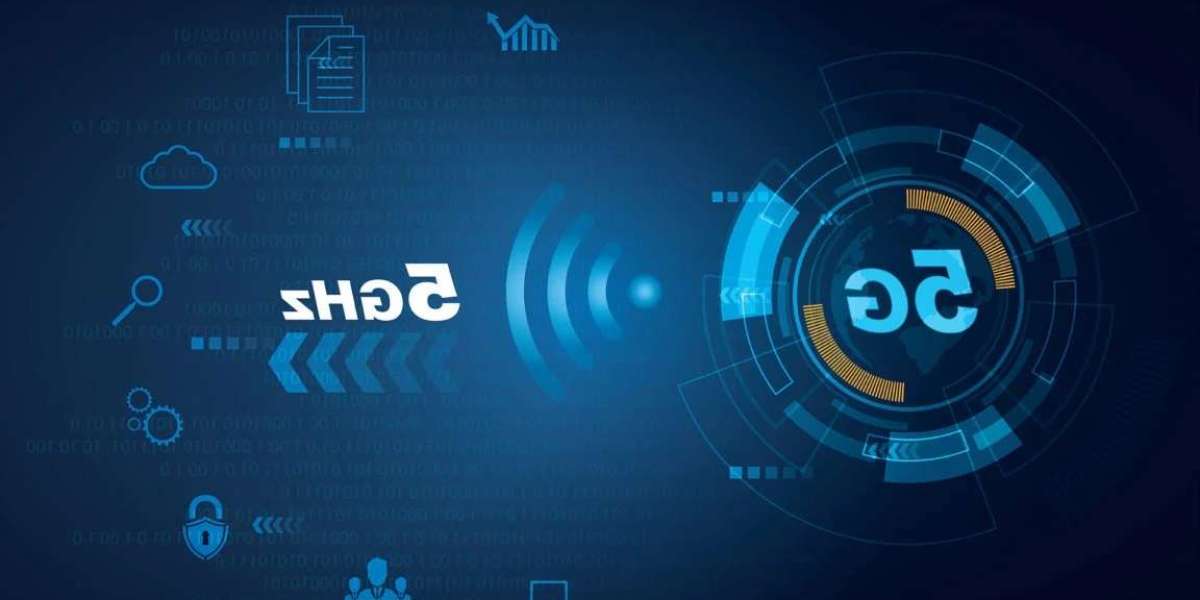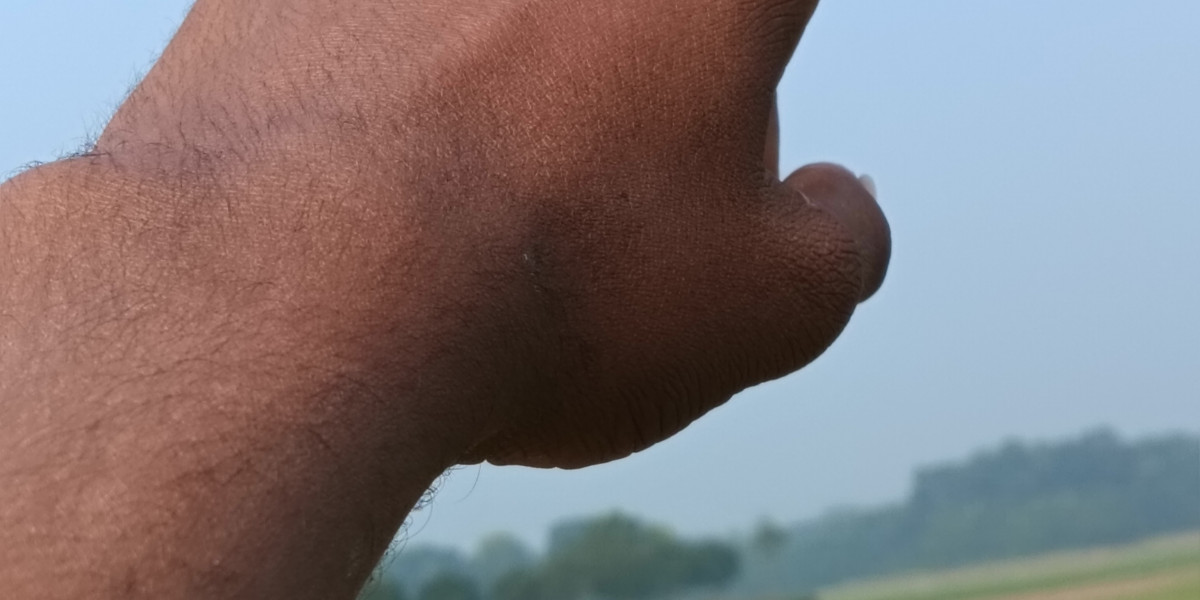What is the difference between 5G and Wi-Fi 5?
September 30, 20243 Mins Read
Science and Technology Desk: Both mobile data and Wi-Fi use radio waves, or radio waves, to connect devices to the Internet. There are some differences between the two in terms of functions and powers.
5GHz and 5G
Day by day people's lives are getting more and more connected with the internet. Also, the use of the words 'Wi-Fi 5' or '5G' is increasing. Despite their frequent use, many people are probably not familiar with the true meaning of these terms associated with wireless internet.
Tech site How-To Geek published an explanatory report on the matter. Let's know its details.
Mobile data vs Wi-Fi
Both mobile data and Wi-Fi use radio waves to connect compatible devices to the Internet. There are some differences between the two in terms of functions and powers.
Cellular service companies such as US companies Verizon, AT&T, Grameenphone in Bangladesh provide data to cell phones, smart devices and other mobile devices across the country using large cellular tower networks. Because it is an encrypted connection, mobile data is considered safer than Wi-Fi in terms of data security, the report states.
To use Wi-Fi, on the other hand, Internet service companies use a modem to create a wired network within a specific building, such as a home or local library. A router is then used to send signals from the modem to compatible devices either wired or wirelessly. Sometimes the modem and router can be combined into a single device for ease of use.
What is 5G?
5G technology debuted in the early 1980s; It is the 5th generation of wireless cellular network technology. 5G uses millimeter wave (mmWave) spectrum, whereas its predecessor 4G used mid and low band spectrum.
How-To Geek reports that using mmWave is a great way to get more speed and fewer interruptions than before. The best download speed of 4G technology in real life conditions is 50Mbps. On the other hand, 5G can download at speeds ranging from 50Mbps to 3Gbps.
Along with improvements in speed and congestion, 5G is more efficient and can send data to many devices simultaneously. As a result, cellular service companies have started offering '5G home internet' services as an alternative to fiber optic and cable.
However, the downside of 5G technology is that mmWave networks are vulnerable to outside interference. To address this, cellular companies directly use technologies such as small base stations known as 'small cells' and massive MIMO (multi-input, multi-output).
What is Wi-Fi 5?
Wi-Fi 5 is known for its 'IEEE standard 802.11ac'. By the end of the 1990s, an early version was released, called 'WiFi Legacy' or 'WiFi 0'. Wi-Fi 5 is its sixth generation.
In addition, Wi-Fi 5 is the second generation of Internet technology that can use both 2.4 GHz and 5 GHz frequencies.
Wi-Fi 5 has faster speeds and less interference than Wi-Fi 4 despite using the same frequency.
On paper, Wi-Fi 5 can reach speeds of up to 1300 Mbps, which is more than double Wi-Fi 4's 600 Mbps.
However, the actual speed of WiFi depends on various factors including hardware, user's geographical location. In addition, Wi-Fi 5 has multi-user MIMO support as opposed to Wi-Fi 4's single-user MIMO.
5G Home Internet vs Wi-Fi 5
5G routers use completely different technology than Wi-Fi 5 modems and routers, so one cannot switch between the two at will. As mentioned earlier, wired WiFi models use an external or built-in router to provide wireless internet connection to various devices.
On the other hand, 5G routers have internal modems that capture the 5G signal from cell towers and connect to the Internet.
An aloe vera plant can change your life
For this reason, WiFi connections come through Internet service or ISP companies. On the other hand, 5G internet services are provided by cellular or mobile phone companies.



















































